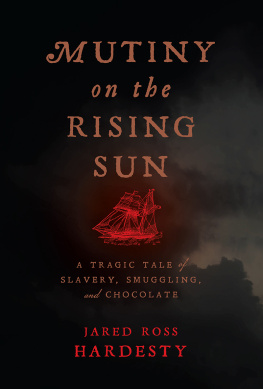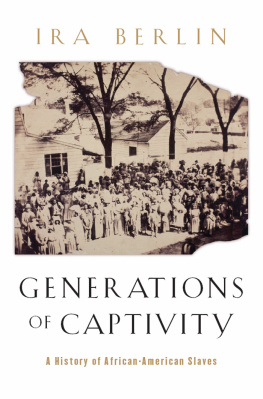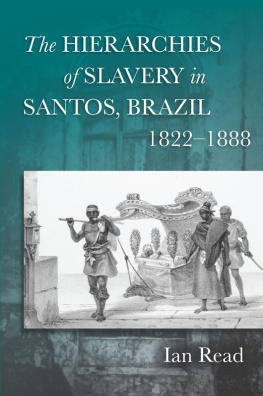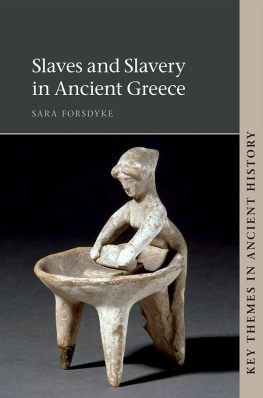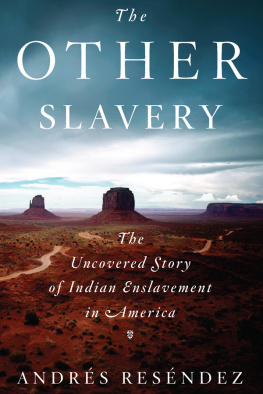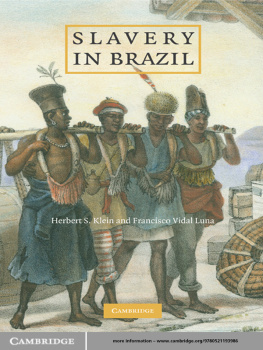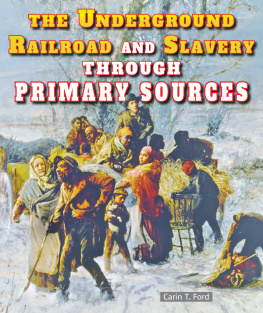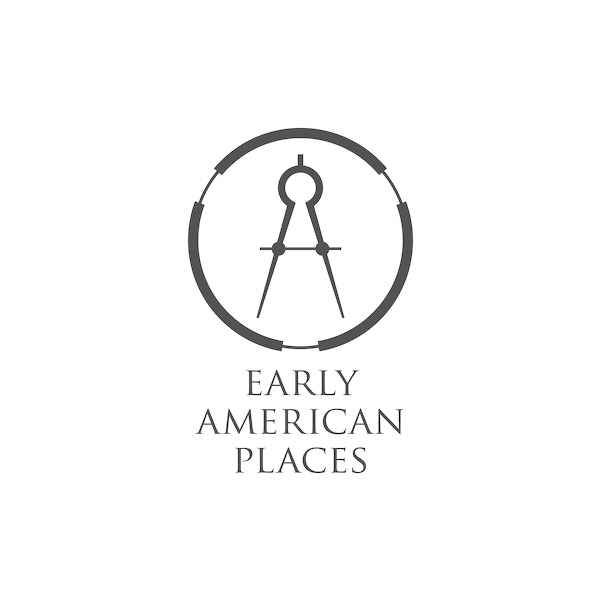Names: Hardesty, Jared Ross, author.
Title: Unfreedom : slavery and dependence in eighteenth-century Boston / Jared Ross Hardesty.
Description: New York : New York University Press, 2016. | Series: Early American places | Includes bibliographical references and index.
Identifiers: LCCN 2015043166 | ISBN 9781479816149 (cl : alk. paper)
Subjects: LCSH: SlaveryMassachusettsBostonHistory18th century. | SlavesMassachusettsBostonHistory18th century. | Indentured servantsMassachusettsBostonHistory18th century. | Boston (Mass.)HistoryColonial period, ca. 16001775. | Boston (Mass.)Social conditions18th century.
References to Internet Web sites (URLs) were accurate at the time of writing. Neither the author nor New York University Press is responsible for URLs that may have expired or changed since the manuscript was prepared.
This book would not have been possible without the assistance and patient guidance of many people and institutions. The project began as a dissertation at Boston College supervised by Lynn Lyerly, an amazing mentor and teacher. She helped shepherd the project from vague ideas about slavery and cultural appropriation to a work that makes a contribution to our understanding of freedom and slavery in early America and the Atlantic world. When I describe my book, I cannot help but engage in my own form of appropriation, still borrowing language from our many conversations about the project. Although Lynns advising responsibilities ended after I defended my dissertation, her support and advice about transitioning from a graduate student to a faculty member has proven invaluable. Alan Rogers, whom I had the privilege to work with from my first day at Boston College, proved instrumental to this project. It was with his encouragement that I began looking through the judicial archives in Massachusetts to better understand slavery in New England and was able to craft a project out of such underutilized sources. His vast knowledge of the law and legal history was also advantageous when navigating sometimes-tricky legal records. Alan continues to be a good friend and mentor. Owen Stanwood, whom I worked with from his first day at Boston College, provided an incredible amount of support. From our casual conversations about early American history to his intense questioning and challenging of the intents and assertions of this project, his guidance provedand continues to proveinvaluable.
I also need to thank Joanne Pope Melish, the outside reader of my dissertation. I had the privilege of being a fellow at the Massachusetts Historical Society with Joanne. Our long conversations about the nature of freedom, slavery, race, labor, and the economy of early America have profoundly shaped this book, especially its argument. Joanne is one of the most gracious and generous people I know and continued to offer valuable advice and suggestions for revision after I completed the dissertation. For her support of this project, I owe a debt that I fear can never be repaid.
In addition to my committee, there are numerous librarians, archivists, research coordinators, and institutions that need to be thanked for their help with this project. I spent nearly five hundred hours at the Massachusetts State Archives reading legal and probate records. Despite my numerous inquiries and often confusing requests, Jennifer Fauxsmith and her staff were wonderful. Likewise, Elizabeth Bouvier, the judicial archivist for the Commonwealth of Massachusetts, proved helpful in my quest for ever more legal records. The New England Regional Fellowship Consortium provided much-needed research time and funding for the 20122013 academic year. The fellowship permitted me to spend time at the Massachusetts Historical Society, Boston Athenaeum, Houghton Library at Harvard University, and the Baker Library at the Harvard Business School. Conrad Wright and Kate Viens at the MHS deserve special thanks for their continued research support.
There are innumerable colleagues and friends at Boston College, Western Washington University, and further afield that also deserve to be acknowledged, although I am sure I will forget a few people. Jeff Dyer, Janet Kay, John Morton, Chris Staysniak, Jim OToole, Sarah Ross, Lynn Johnson, Zach Morgan, Andrea Wenz, and Chris Riedel at BC were all supportive colleagues. Alex Noonan and Craig Gallagher both read significant portions of this dissertation, provided helpful commentary, continue to be good friends, and deserve special mention. Outside of BC, I had the opportunity of being on a panel with Gloria Whiting and Richard Boles in the summer of 2011 that resulted in not only extensive cross-collaboration, but also two great friendships. Likewise, Ted Andrews, Linda Rupert, Travis Glasson, and Lin Fisher have commented on various conference papers and chapters that I have presented from this project. In addition, I have to thank Andrea Mosterman, Wim Klooster, Sean Condon, Hannah Farber, Brendan McConville, and Rob Murray for their support and interest in the project.
Since arriving in the Pacific Northwest, I have found a great community of scholars. I count myself fortunate to have landed at Western Washington University. As a junior faculty member, I have found the university community supportive and helpful, especially the dean of the College of Humanities and Social Sciences, LeeAnn Martin. The History Department has likewise been a wonderful place to start my career. My colleagues, especially Kevin Leonard, Steven Garfinkle, Amanda Eurich, and Chris Friday, have all been supportive of this project and a sometimes-nave junior colleague. Hunter Price read significant portions of the book and has been a sounding board as it underwent final revisions. Finally, Richard R. Johnson deserves recognition for organizing a wonderful seminar for early Americanists in the PNW.
I would be remiss not to thank Robert Waters, my undergraduate adviser. If there is one person who has helped me understand this sometimes-crazy profession, it is himeven if that meant learning from his mistakes. I sometimes wonder how different my career trajectory would have been without someone with such erudite observations and a sharp, quick-witted mind as an ally, and for that I am happy to call him not only my mentor but also a friend.


